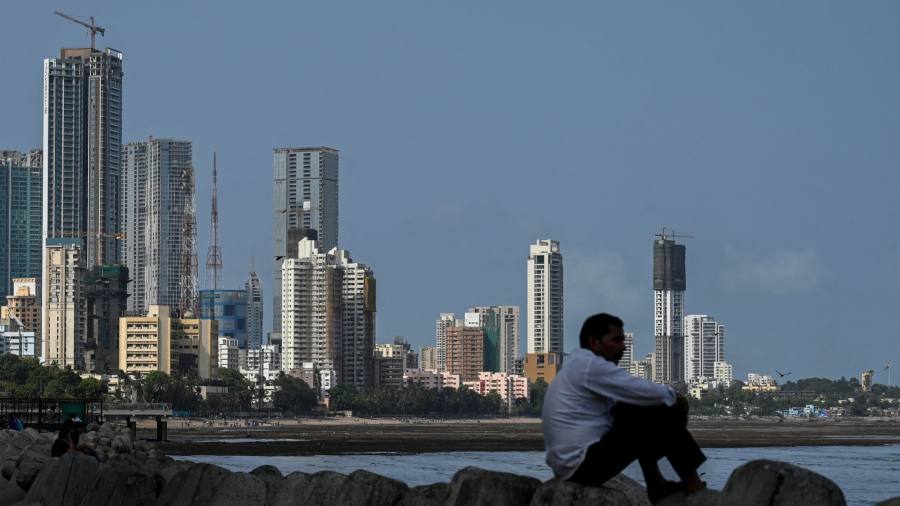
International law firms including DLA Piper, Herbert Smith Freehills and Baker McKenzie are looking at opening offices in India after the country changed its rules to widen overseas access to a huge market.
The Bar Council of India announced in March that foreign legal firms would be allowed to set up in the country for the first time and advise clients on the international elements of mergers and acquisitions or appear as arbitrators, among other things.
The biggest international firms have built up large practices working on corporate deals with an Indian focus but until now had to advise clients on a “fly-in fly-out” basis.
“We are excited — we think this is a very big opportunity and it’s one we’re taking seriously,” said Ashok Lalwani, a Baker McKenzie partner who runs the firm’s India group from Singapore. He said the rules were the most significant progress for the Indian market in a long time.
Roddy Martin, London-based head of the India practice at Herbert Smith Freehills, said the news was significant, adding “it will possibly be less about today than the scale of opportunities in India over the next five years”.
The new rules will not allow foreign lawyers to advise on local law or appear in Indian courts.
The changes have not been unanimously welcomed. Members of the Society of Indian Law Firms plan to send representatives to negotiate with the Bar Council and local firms have raised concerns about how the proposed “level playing field” would work, particularly as the Bar Council prohibits Indian law firms from marketing their practices online or offline.
“I think we might be entering a silly season of backroom manoeuvring, public petitions etc,” said Karam Daulet-Singh, managing partner at Mumbai-based Touchstone Partners, a cross-border transactions specialist.
The arrival of overseas firms “would certainly intensify the competition” at the top end of the market, which “will go through vigorous change and even disruption”, he added.
The changes come as talks over a post-Brexit trade deal between the UK and India grind on.
“The reform is long overdue,” said Cyril Shroff, managing partner at one of India’s biggest law firms, Mumbai-based Cyril Amarchand Mangaldas. “My guess is that the UK-India [free trade agreement] discussions were the trigger.”
Firms such as Herbert Smith Freehills and Baker McKenzie currently service Indian clients and international clients operating in India from bases in Singapore or London. “Clients always ask us when we’ll get there,” said a partner at one large firm. “Multinational companies investing in India like to have lawyers in the country who have experience on the ground.”
Baker McKenzie, Herbert Smith Freehills and DLA Piper all said they were examining their options but none have committed to opening an India office yet.
Some India specialist partners at international firms said they would wait for the Law Society of England and Wales and the BCI to clarify and give more details of the rules in the coming months, including whether they could work for Indian clients in India as well as international companies
One international firm based in London said it definitely wanted to launch a Mumbai office, but that it would take a year or more. “It’s baby steps,” said an Asia-based partner at the firm. “There needs to be a lot of consultation, but done properly this could be a watershed moment.”
And incumbents have a home advantage — they are much cheaper. “The biggest pitfall I see for the newcomers,” said Shroff, “is that they are severely underestimating how hard it is to make money in India. The global pricing model is currently a non-starter in India.”